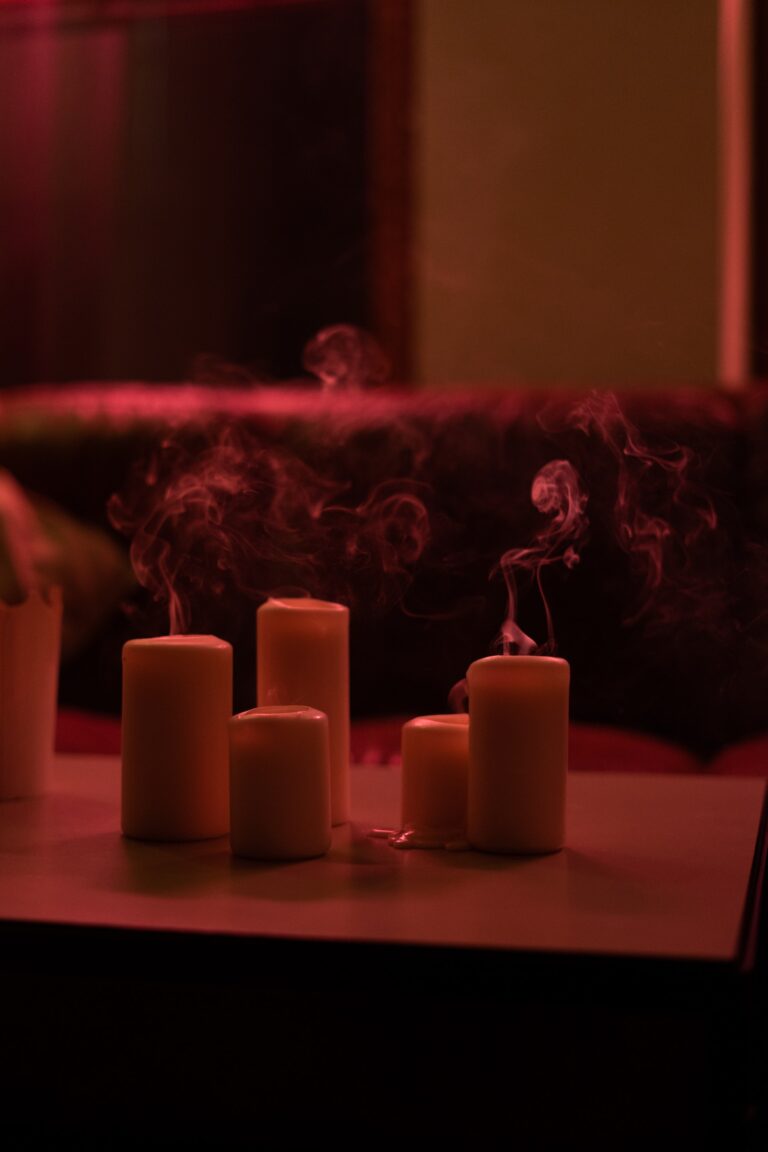Is Prostitution Legal in Slovenia?
In Slovenia, prostitution is not illegal, but activities associated with it, such as pimping, running a brothel, or engaging in sex trafficking, are criminalized. This legal ambiguity means that sex workers are not offered the same legal protections as workers in other industries, making them vulnerable to exploitation and abuse. The Slovenian government has taken steps to address this issue, but the current legal framework still leaves many sex workers in a precarious position.
What Are the Laws and Penalties Surrounding Prostitution?
While selling sex is not explicitly illegal in Slovenia, various activities related to prostitution are criminalized. Some of these offenses and their associated penalties include:
- Pimping – Organizing or aiding in the prostitution of others is punishable by up to three years in prison.
- Running a brothel – Operating a premises for the purpose of prostitution is punishable by up to two years in prison.
- Sex trafficking – Trafficking individuals for the purpose of sexual exploitation is punishable by up to ten years in prison.
- Exploiting a minor – Engaging in or organizing the prostitution of a minor is punishable by up to five years in prison.
Sex workers themselves are not explicitly penalized under Slovenian law, but they can still face legal consequences if they are found to be engaging in activities that are deemed criminal.
How is Prostitution Referred to Locally in Slovenia?
In Slovenia, prostitution is often referred to as prostitucija or spolno delo, which translates to sex work. This terminology is important because it acknowledges that sex workers are engaging in labor, rather than simply committing a crime. By using this language, advocates and policymakers can better address the issues facing sex workers and work towards a more comprehensive legal framework that provides protections for those in the industry.
What is the History of Prostitution in Slovenia?
Prostitution has a long history in Slovenia, dating back to the Roman Empire when the region was part of the province of Pannonia. Throughout the centuries, sex work has been variously tolerated, regulated, and criminalized depending on the political and social climate of the time. During the 20th century, prostitution was officially prohibited under the Socialist Federal Republic of Yugoslavia, which included Slovenia.
Following Slovenia’s independence in 1991, the country adopted a more liberal approach to prostitution, decriminalizing the act of selling sex while still maintaining strict penalties for activities such as pimping and sex trafficking. Despite these changes, sex workers in Slovenia continue to face significant challenges, including stigma, discrimination, and a lack of legal protections.
What Government Laws and Resources Address Prostitution in Slovenia?
The Slovenian government has taken several steps to address the issue of prostitution and improve the situation for sex workers. Some key laws and resources include:
- Penal Code – The Penal Code of Slovenia contains provisions that criminalize pimping, running a brothel, sex trafficking, and the exploitation of minors.
- National Action Plan to Combat Trafficking in Human Beings – This comprehensive plan, launched in 2004, aims to prevent and combat human trafficking, including sex trafficking, through a variety of measures, such as awareness-raising campaigns, training for law enforcement, and victim support services.
- NGOs and advocacy groups – Several NGOs and advocacy groups in Slovenia work to support sex workers and lobby for their rights, including Klub Teža and The Red Umbrella Fund.
While these laws and resources represent important steps in addressing the challenges faced by sex workers in Slovenia, there is still much work to be done to ensure their rights are fully protected and that they are afforded the same legal protections as workers in other industries.
